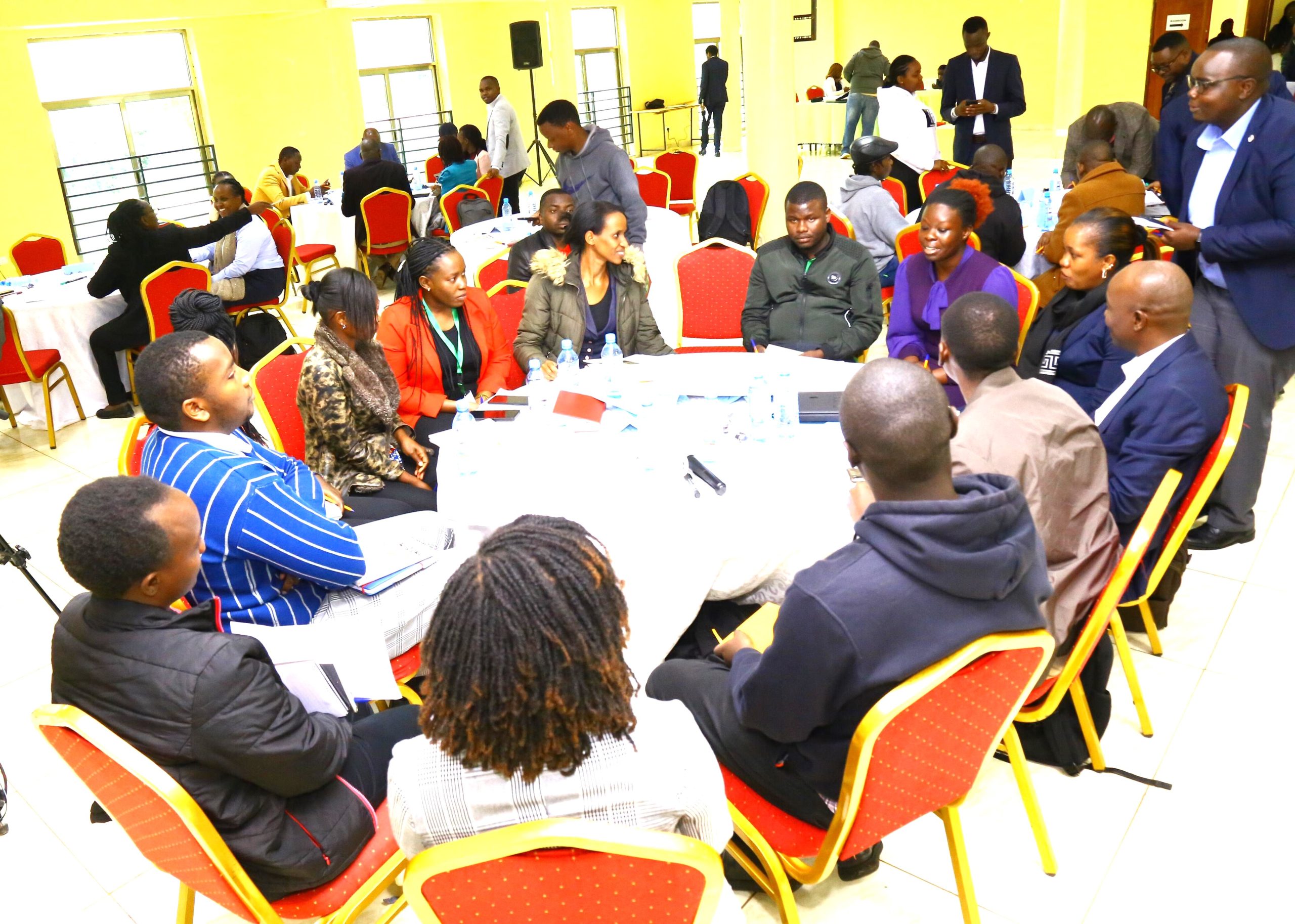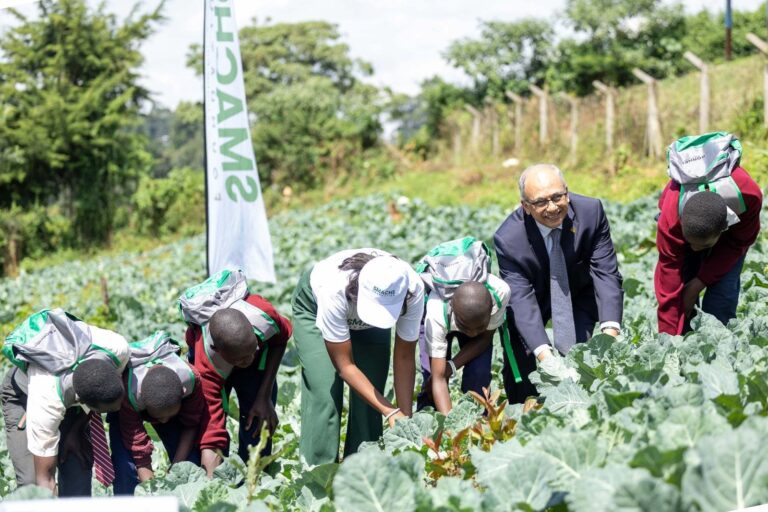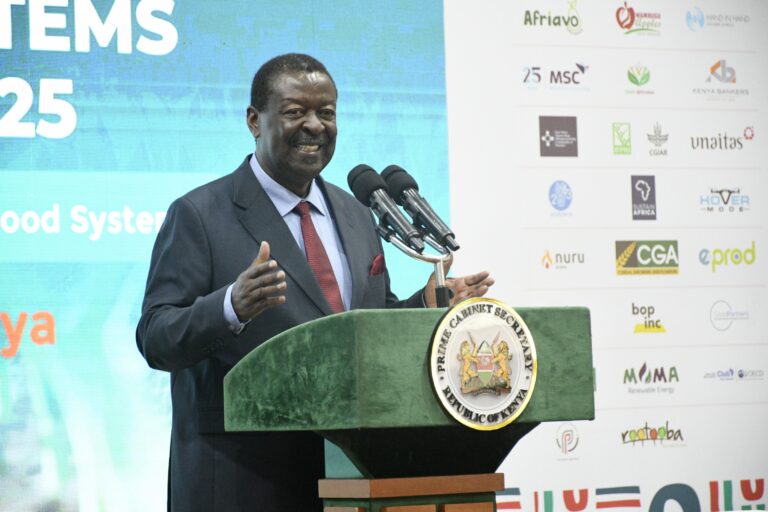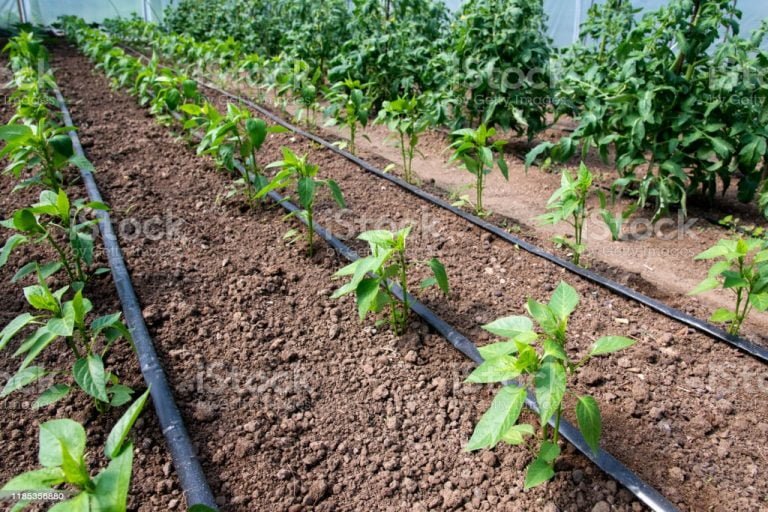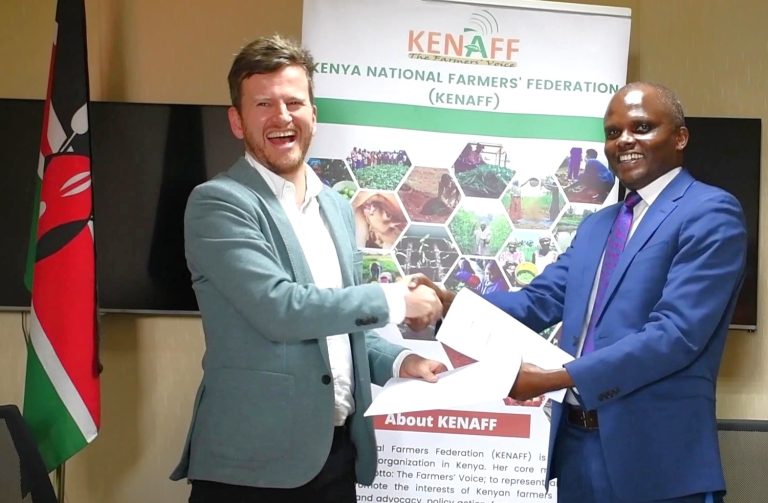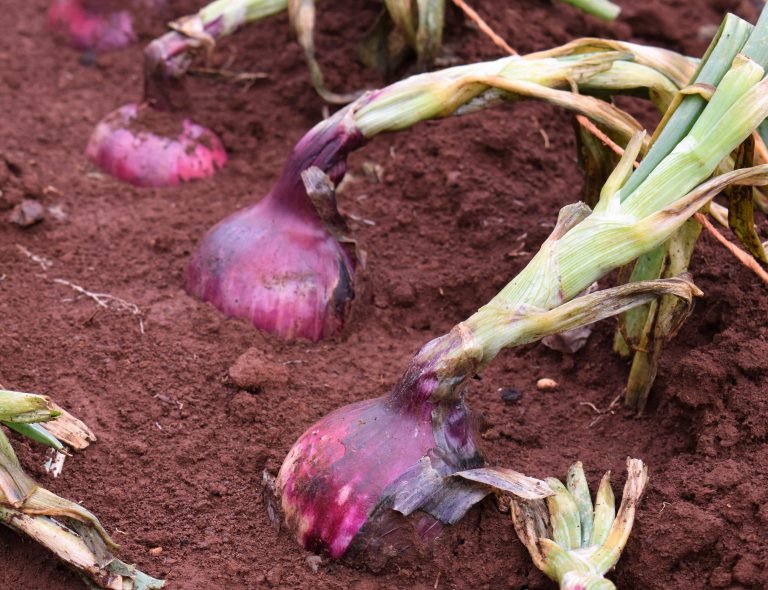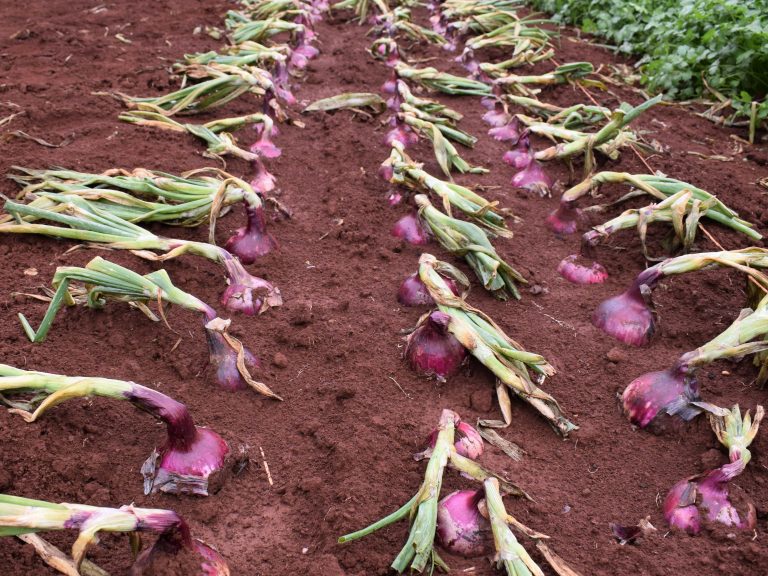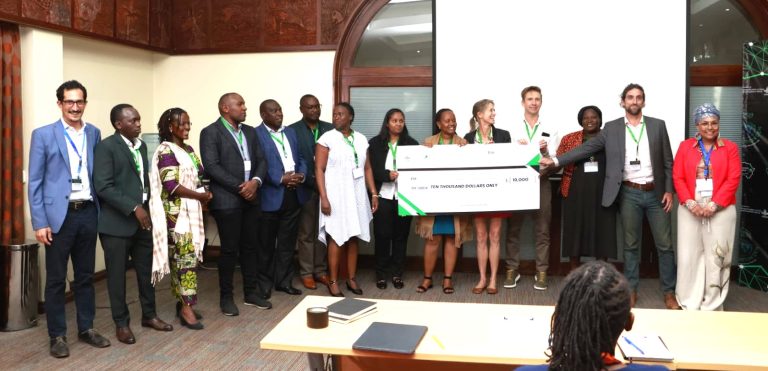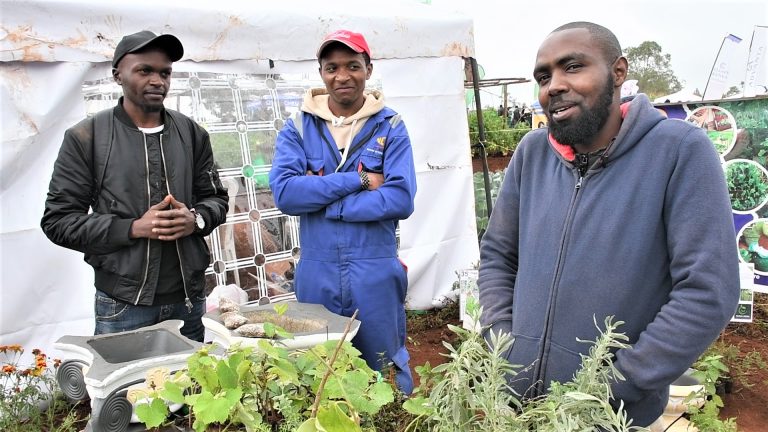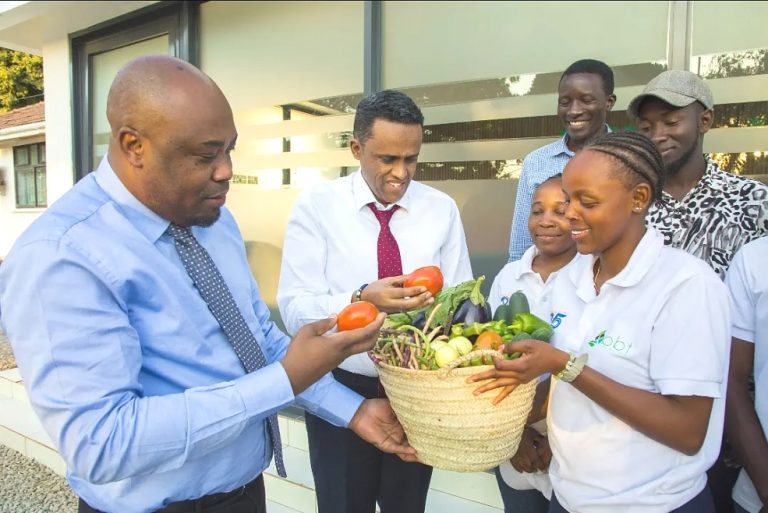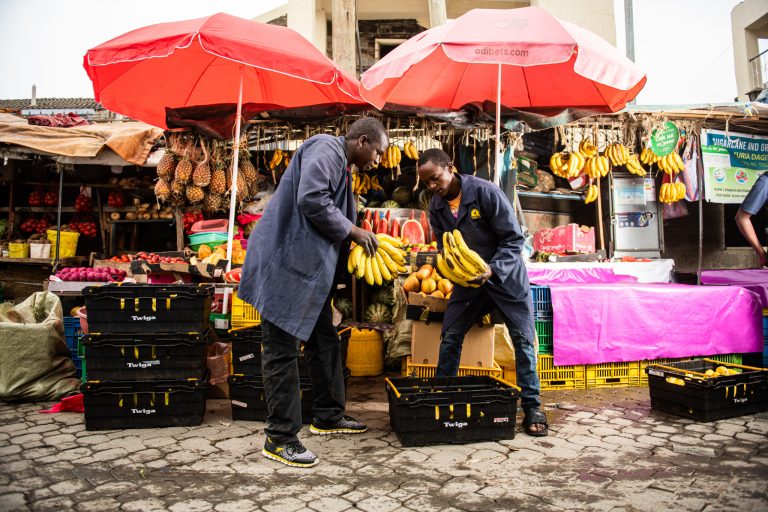By Kimuri Mwangi
Stakeholders in the agribusiness sector met under the umbrella of the Inclusive Agribusiness Club to deliberate on how to strengthen the sector through inclusivity and sustainability.
The event held at the Kenya National Farmers’ Federation’s (KENAFF) headquarters in Thogoto, Kiambu County was one among many held by the club to chart the way forward. The Agribusiness Club is a concept launched jointly last year by KENAFF and 2SCALE. 2SCALE is a project implemented by Bopinc, IFDC (International Fertilizer Development Centre) and SNV; & supported by the Dutch Ministry of Foreign Affairs
Dr. Mwendah M’Mailutha, the KENAFF CEO explained that there are various actors in the country working with farmers development in the private sector, civil society sector and also in the public sector but there is a lot of disjointedness.
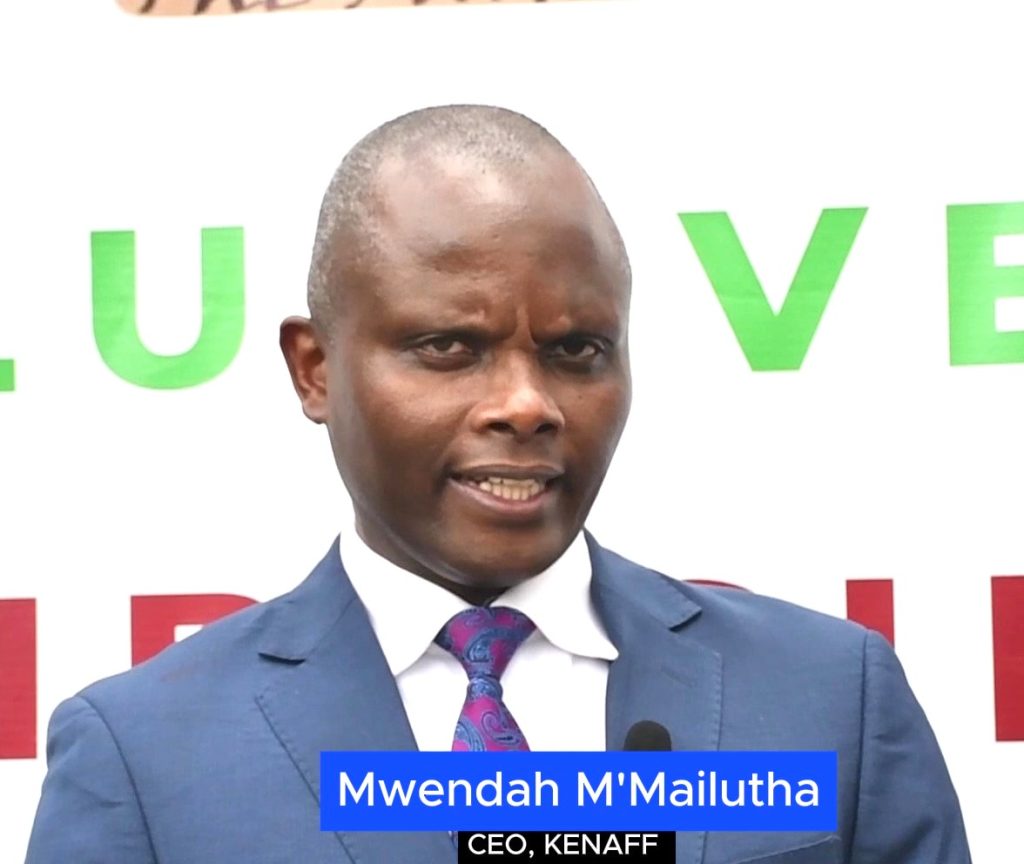
“When you look at the public sector, the government at the national level and the county level are doing their things and when you look at the private sector, they are not talking with each other which is the same case with the civil society. So, we thought if we could bring this club together, we could establish a forum to bring all these voices together talking about transforming agricultural production and productivity,” said Dr Mwendah.
Patrick Boro the 2SCALE Country Team Leader said they had brought together more than 10 partners from the private and public sectors to hear what each of them is doing and therefore learn from each other by implementing various projects including those in the pipeline. He added that they discussed how they use the lessons learnt to do more inclusive interventions to help one another in building resilient communities and how to promote inclusivity in what they do together with what resources they can bring together for a sustainable platform that can go beyond the life of projects like the 2SCALE program.
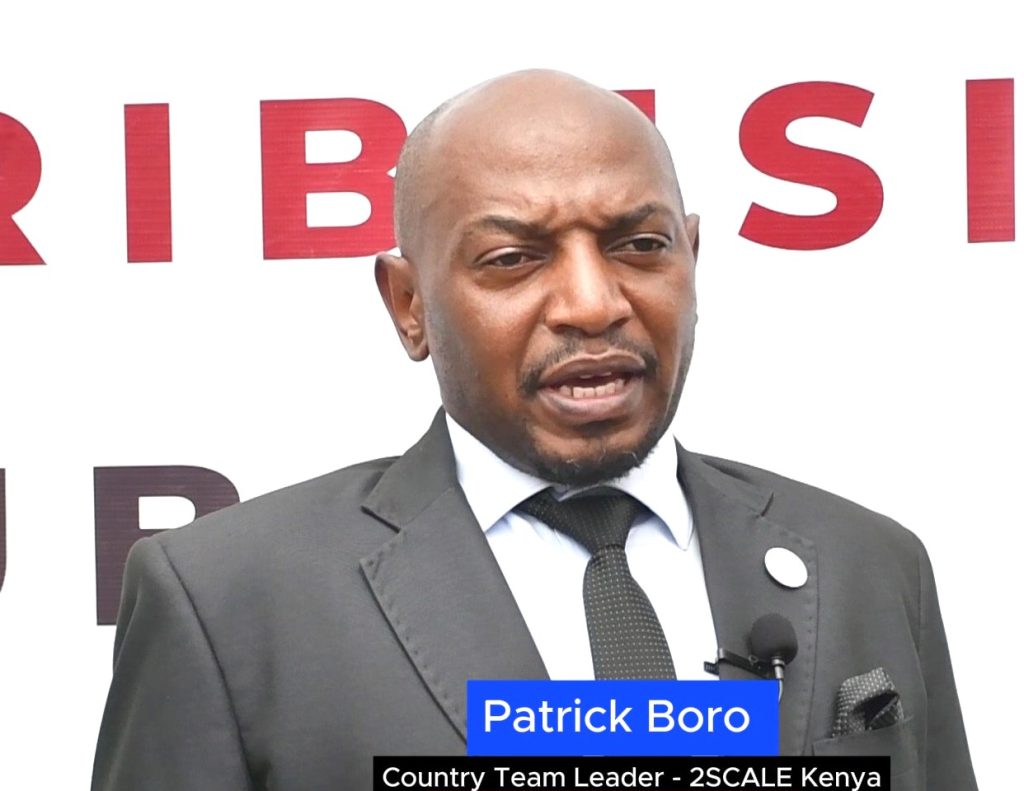
“We believe that businesses can only thrive if there is a profit and so we believe that businesses and the private sector have to be at the centre of all sustainable work that we do. When there is profit coming from businesses, they can pull all other actors like smallholder farmers, aggregators, and service providers and there will be a very strong agribusiness cluster movement that is sustainable post 2SCALE. When it comes to government, we believe that it is the government that provides the framework for success and sustainability. This includes the various strategies that the government has in place for women’s inclusion such as the Women Economic Fund, the Youth Economic Fund, county development funds and other policies that will be implemented through the government frameworks and policies. Therefore, we feel that this is a point of convergence of public goodwill and a framework for making sure that agribusinesses are successful and profitable. We’ll hear how also organizations that are doing policy research can analyze and provide analysis of what they have seen as the successes or gaps that are in those policies and how they can be implemented. Likewise, those in the private sector can see the opportunities that are available and how they can benefit from those opportunities,” opined Boro.
Monica Githige a program manager at TechnoServe observed that their participation in the Agribusiness Club is vital as they are among those pushing the inclusivity agenda. They are working with food SMEs to help low-income consumers especially women to be incorporated in the supply chain as suppliers of raw materials and also as markets who save the nutritious products that food processors produce for low-income markets.
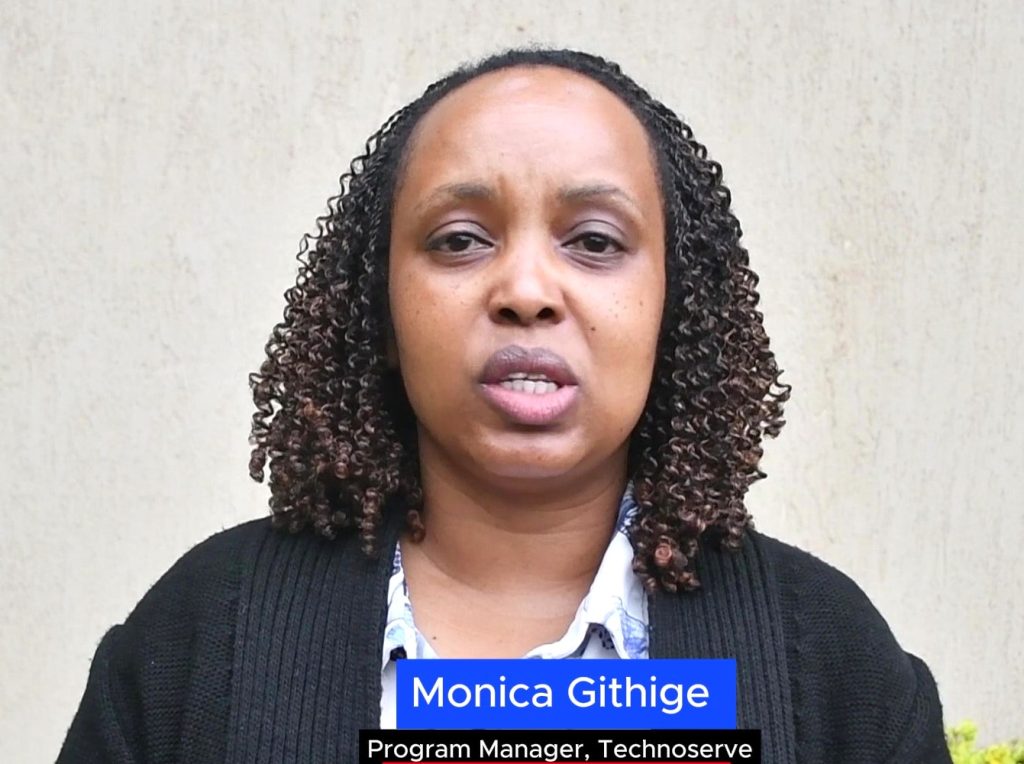
“So our participation in the Inclusive Agribusiness Club is to learn and also to contribute to the inclusivity agenda for purposes of improving better economic outcomes and also food security in the region. Women naturally are left out when it comes to growing raw materials for food processors in the areas of accessing inputs and even extension services. Most players may not know how to address the challenges that these women face and that’s how TechnoServe through the food processors is pushing for gender-responsive approaches to engage local smallholder farmers,” opined Monica.
Looking at the markets, she added that a lot of women are at the base of the pyramid (BOP) consumers and are the ones who make decisions at the household level on the kind of foods that their families consume nutrition wise so they are a key stakeholder to target when it comes to targeting the base of the pyramid. That is the reason why they are very keen on engaging women in the supply chain as sources of raw materials and also as target markets for safe and nutritious products.


